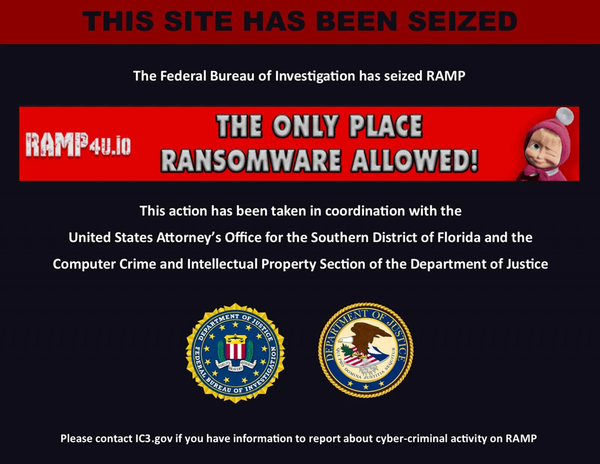UK cops bust man allegedly linked to Collins Aerospace attack
Hackers breached US agency via unpatched GeoServer, GitHub implements new defenses after supply chain attacks, Boyd casino operator hit by cyberattack, Inc claims PA Atty General attack, UK used AI to find £500m in fraud, Cloudflare stopped 22.2 Tbps attack, much more





